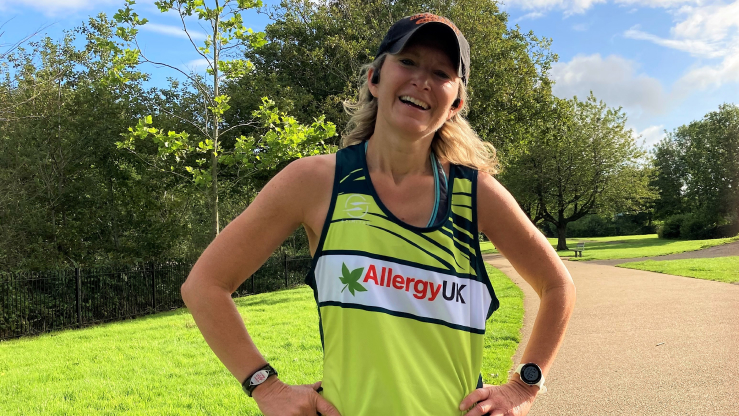Notes to Editors
About Allergy UK’s FOI Data Request
In March 2023, Allergy UK wrote to the 42 NHS England ICBS to understand what data was held on allergy services and patients in their region. Out of 42 NHS England ICBs contacted, 32 replied and 10 (24%) failed to respond within the designated timeframe. The FOI request asked each ICB to answer the following questions.
1. How many patients with a coded diagnosis of allergic condition are being treated at primary care level from your ICB? (data capture 1st November 2022 to 1st February 2023).
2. Of the patients coded above, how many patients have been referred to secondary care between 1st November 2022 to 1st February 2023?
3. Do you have access to a local dedicated allergy clinic that provides a comprehensive service for people suffering from allergic disease to go to when referred? (Yes or No answer)
4. How many specialists do you have supporting patients receiving care for allergies in your ICB
a) specialist nurses trained in allergy (Answer 0, 1-3, 4-6, 7-10, 10+)
b) specialist dieticians trained in allergy (Answer 0, 1-3, 4-6, 7-10, 10+)
c) GPs with a special interest in allergy (coded GPwsi or GPwer) (Answer 0, 1-3, 4-6, 7-10, 10+)
5. How many patients have been prescribed an adrenaline autoinjector within your ICB
6. How many patients have been prescribed extensively hydrolysed formula (EHF) (number) or amino acid formula AAF) (number) within your ICB.
About the Nurse Led Allergy Service Trial
In 2017 Allergy UK invested in a research project with the University of Edinburgh and NHS Lothian, to trial a novel approach to the provision of allergy services within primary care. The aim of the study was to assess the feasibility of delivering and evaluating a novel nurse-led allergy service in primary care, to fill the gaps in allergy service provision and measure the acceptability of the service among patients, their families and health care professionals. Two specialist allergy nurses, supported by local hospital specialists, provided the service. A hub and spoke model enabled 35 GP practices and centres within an area to refer patients who met the inclusion criteria into 3 host practices. Each patient or parent was offered an initial consultation and followed up with a review appointment 6 – 12 weeks later. The trial was conducted over a 30-month period between 2017- 2021. The research trial resulted in 426 patients being accepted and seen within the specialist nurse-led allergy clinic. Result of the trial were published in Clinical and Translational Allergy https://onlinelibrary.wiley.com/doi/10.1002/clt2.12180
About Allergy UK and its Patient Charter
Established for thirty years, Allergy UK is the only patient organisation to support all areas of allergic disease, covering respiratory, skin, food, eye, venom and drug allergies and anaphylaxis. We play a vital role in providing information, advice, and support, based on up-to-date evidence on best practice, for people affected by allergic disease and their wider family and social networks. Allergy UK launched a Patient Charter in 2022 to represent the voices of the allergic community. It was developed in consultation with community and clinicians. The Vision for the Patient Charter is to outline the ‘gold standard’ of patient rights across The Right to Quality Standard of Care, Right to Equality in Society and the Right to Accurate Information and Education. More can be found on the Patient Charter and its calls here www.allergyuk.org/patientcharter
Case Study
Sarah and Max’s lived experience highlights the very real need for improved access to allergy services. She has agreed to share her story in the hope it will encourage others to understand why Allergy UK is making this call and motivate people to also pledge the support.
Sign Up For More Information
It is important to Allergy UK that we can engage with all people that are affected by allergic disease
Join our mailing list





 Helpline
Helpline